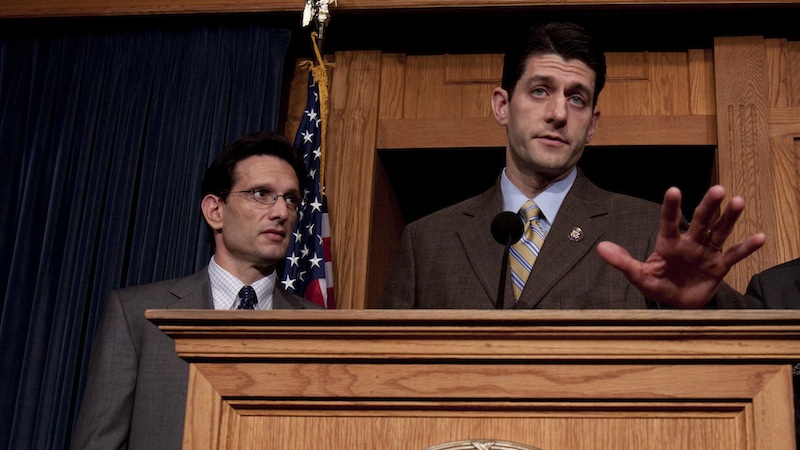Out of 300 million Americans, a few thousand wield disproportionate economic and political influence because of their positions at the pinnacle of America’s corporate and media establishments or their roles as political allies (or puppets) of the corporate ruling class. C. Wright Mills described this group in his 1956 book, The Power Elite, G. William Domhoff has updated this analysis in his book, Who Rules America? (now in its 7th edition), and Jacob Hacker and Paul Pierson have described how the power elite wields its influence in Winner-Take-All Politics.
Many of them have overlapping memberships on the boards of the largest corporations, business lobby groups, universities and think tanks, foundations, and media conglomerates. They are not part of conspiracy. They do not meet secretly to plot America’s future. And they disagree with each other on some issues, particularly same-sex marriage, abortion and gun control. Some are corporate conservatives and moderates; some are right-wing reactionaries and racists; others are lunatic libertarians.
But they agree on the essential concerns about the economy. The top Wall Street and Wal-Mart CEOs, the media monopolists and their talk-show agitators, the billionaire benefactors, and the business lobbyists share an antipathy toward unions, progressive taxes, and government regulations that protect consumers, workers, and the environment. They fund think tanks and hire college professors to promote their views and to
cry wolf about government rules — denying the reality of global warming, warning that raising the minimum wage or strengthening regulations on banks will “kill jobs,” and attacking Obamacare (and Obama) as “socialist.” They work closely with right-wing, conservative, and moderate politicians to carry out their agenda. They act on behalf of big business and the super-rich, but to translate their ideas into public policy they have to persuade voters that their agenda benefits middle class Americans — a task that is getting harder and harder to do.
Yet even among the few thousand members of the power elite, there are a small number whose influence is greater than the others. Here is a list of the 20 most influential members of the power elite.
Congressmen Eric Cantor and Paul Ryan

Corporate lobbyist and Americans for Tax Reform head Grover Norquist

Chase CEO Jamie Dimon

Wells Fargo CEO John Stumpf

David and Charles Koch (Charles not pictured)

Walmart CEO Mike Duke

Sen. Mitch McConnell

Newt Gingrich

Wall Street titan and Fix-the-Debt funder Pete Peterson

Sen. Rand Paul

Sleazy corporate front man Rick Berman

Fox News president Roger Ailes

Media mogul Rupert Murdoch

Radio reactionary Rush Limbaugh

Casino billionaire benefactor Sheldon Adelson

Sen. Ted Cruz

Chamber of Commerce CEO Tom Donohue

NRA hit man Wayne LaPierre

As in all eras of American history, there are a handful of members of America’s upper class who are traitors to their class. They sympathize with and even fund progressive causes, campaigns, and candidates. They side with the growing movement that is emerging to challenge the domination of America’s power elite.
Like
Yertle the Turtle, these 20 men sit atop an unstable foundation of widening inequality and social injustice. And like Mack, the turtle at the bottom, there are
more and more Americans angered and frustrated by the status quo. Polls show that most Americans
prefer “responsible capitalism” over “no rules” capitalism.
If history offers any lessons, it is that these men — and the interests and ideas they represent — are not invincible. Martin Luther King said, “the arc of the moral universe is long, but it bends toward justice.” But it takes movements and activists to bend it.
Dreier is the E.P. Clapp Distinguished Professor of Politics and chair of the Urban & Environmental Policy Department at Occidental College. His most recent book is The 100 Greatest Americans of the 20th Century: A Social Justice Hall of Fame (Nation Books, 2012).
























